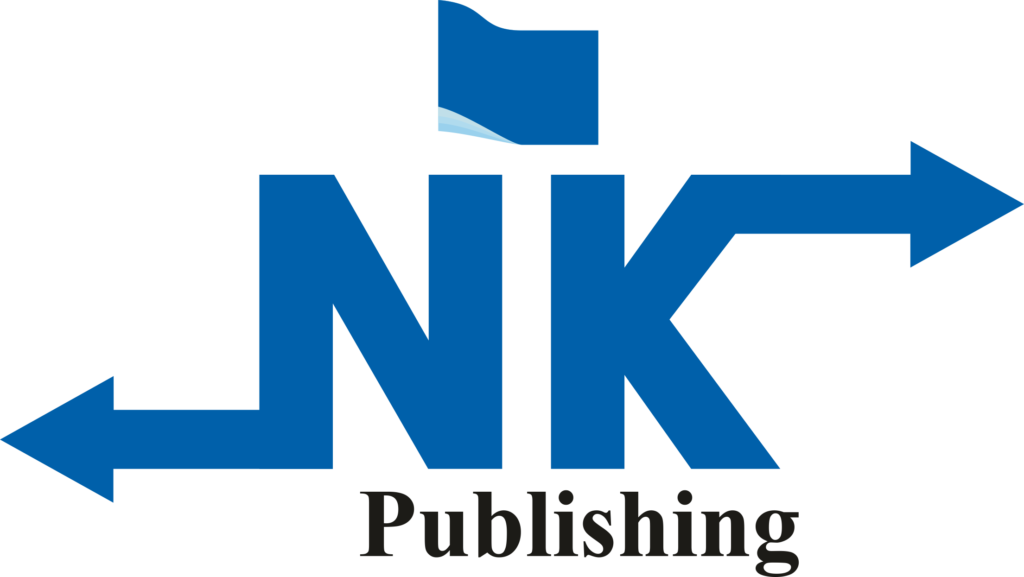PAPER ID:IJIM/V.2(VIII)/ 22-24 /4
AUTHOR: Manoj Das
TITLE: ROLE OF LIBRARIANS IN CONTROLLING INFORMATION POLLUTION IN LIBRARY SYSTEM
ABSTRACT: Information is the most critical issue for library and other information centers, but overproduction of information is harmful to library and information centers. Without knowledge, we can’t do any job, but overload information decreases the importance of the result of the position. Every library system manages librarians. As regards quantity, we have to remember that information production is directly proportional to the growth of humanity. In addition to information that exists in its right, we should consider the data created by human beings which mostly preoccupies us, together with the increasing difficulty to assimilate everything. Pollution is a significant problem and is overgrowing. The majority of the modern descriptions of information pollution apply to computer-based communication methods, such as e-mail, instant messaging (IM) and RSS feeds. The term acquired particular relevance in 2003 when Jacob Nielsen, a leading web usability expert, published some articles discussing the topic. The use of the term information pollution also draws attention to the parallels between the information revolution that began in the last quarter of the 20th century and the industrial revolution of the 18th-19th century. Information pollution is seen as the equivalent of the environmental pollution generated by industrial processes. Some authors claim that we are facing an information overload crisis of global proportions, on the same scale of the threats faced by the environment. Others have expressed the need for the development of information ecology to mirror environmental management practices. Scientific and technological information made the most significant impact on the post-industrial society and contributed a great deal for research and development in library and information science centers.
KEYWORDS: : Information, Pollution, Information pollution, Manifestations of Information Pollution, Information society, Information Technology, Information Society.

 Impact Factor : 5.750
Impact Factor : 5.750